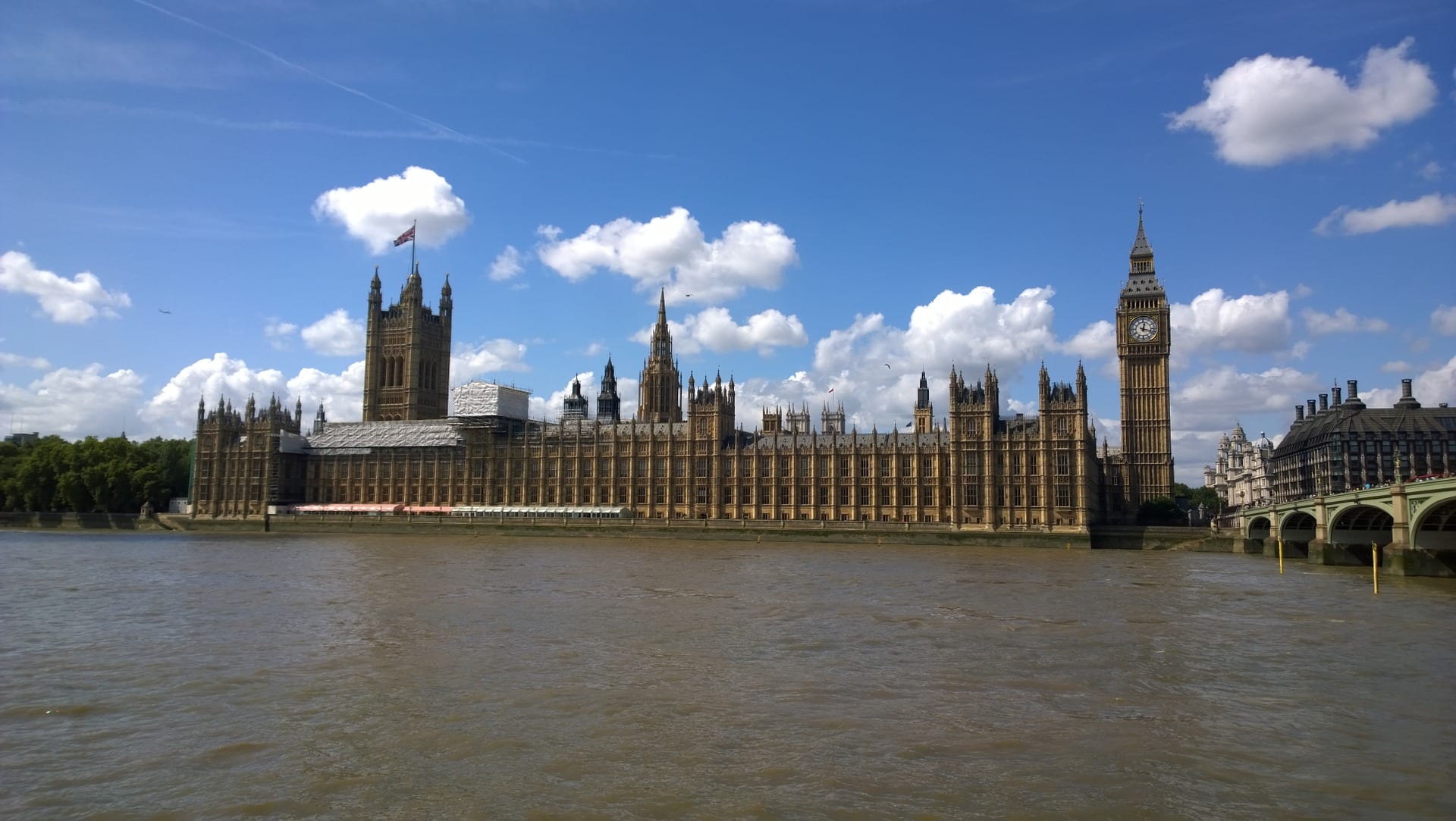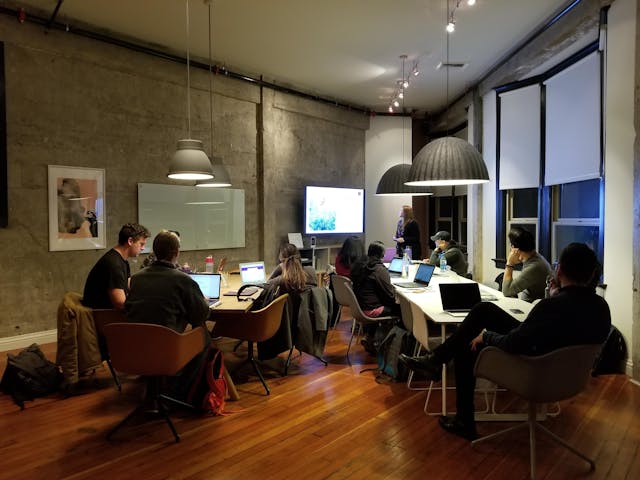A U.K. House of Commons panel recently said that Facebook should not be in a position of marking its own homework regarding fake news. The committee, which is investigating fake news on the internet, said the reluctance of the social network to disclose information is proof that stricter rules are required to hold social media platforms accountable for content.
House of Commons calls for new and stringent rules for combating fake news
The British parliamentary committee said the company’s resistance to providing information about fake news does not bode well for future transparency. Such concerns are not limited to Britain. In Washington, the Senate Intelligence Committee collaborated with the Digital, Culture, Media and Sport Committee and announced that it would hold its own hearing on foreign influence operations over social media.
In an emailed statement, Senator Mark Warner of Virginia said “The threat posed by this challenge is not just an American problem — it is one that confronts all free societies, and we need to work together to ensure we are protecting our democracy.”
Facebook’s fake news problems began to pick up steam when American intelligence agencies concluded that Russians had tried to influence the 2016 U.S. presidential election by using fake identities to spread propaganda on Facebook and other social media platforms. U.S. and European lawmakers have historically treated the social media platforms as passive platforms for content shared by users. Laws have protected the companies from liabilities for copyright infringement, privacy violations, defamation and other issues.
Committee asks for a new tax and a working group of experts
The U.K. committee asked that social media platforms exercise control and take responsibility for the content being posted on their platforms. The report said that social networking sites cannot hide behind the claim of being just a “platform,” and noted that these companies already demonstrate their control by changing what is and is not seen on their platforms based on human intervention and algorithms.
The committee also asked for the establishment of a “working group of experts” which would rate the credibility of accounts or websites to let people see the level of verification at first glance, and a new tax on internet companies, which would pay for the larger oversight.
Additionally, the committee called for mandatory public disclosure of the sponsors of any paid communication or online political advertisement, in order to deal with influence campaigns. Moreover, it recommended increasing the fines for legal infractions by the tech giants from the small sum of 20,000 British pounds to a fixed percentage of revenue of the offending company.




